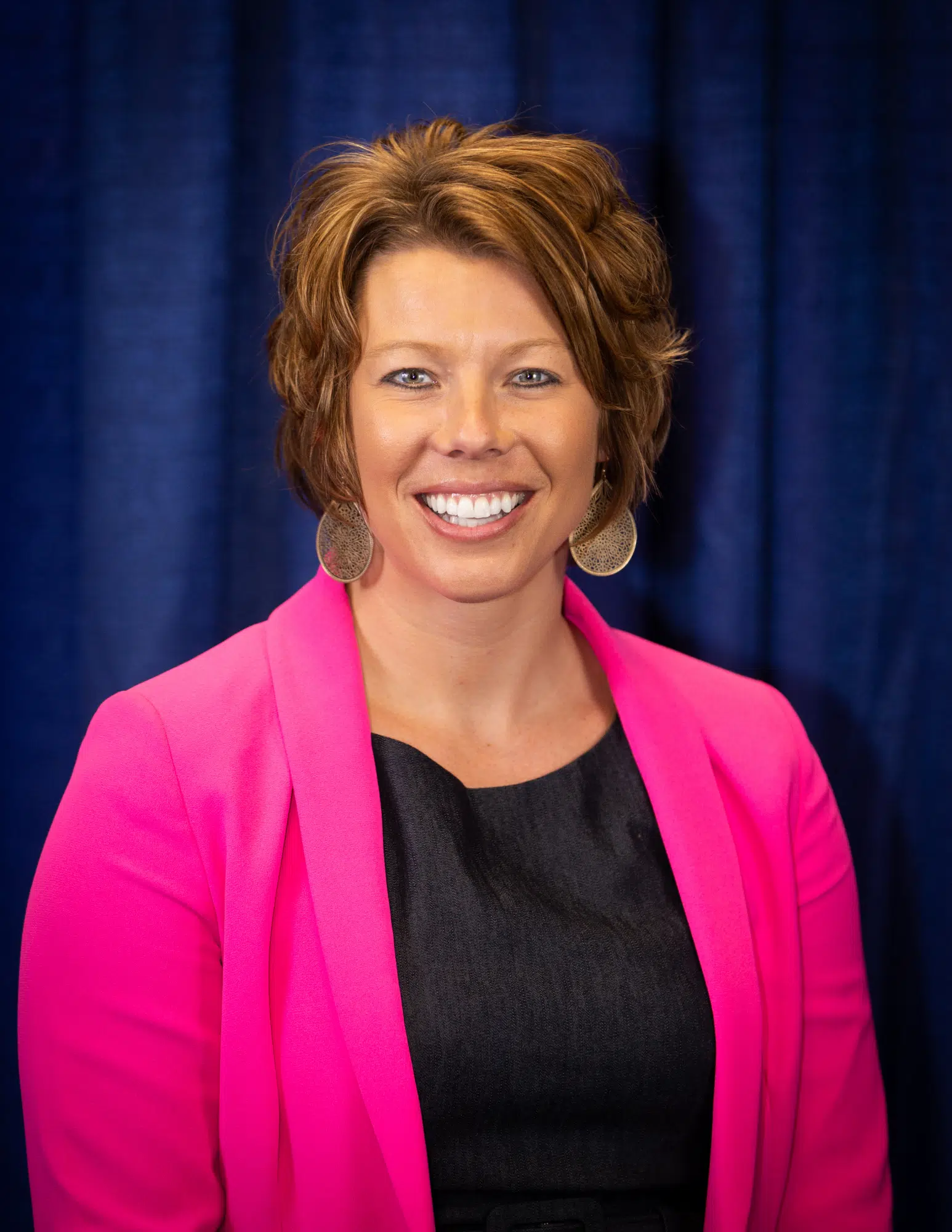Between running a farm with her parents and siblings, along with being the current President of PDPW, Katy Schultz has a lot to balance. I stopped out at their farm, Tri-Fecta Farms Inc, in Fox Lake to talk with her about the dairy industry and ask the big question everyone wants to know…what will this year bring? Obviously, no one can be 100% accurate and know exactly what’s coming for agriculture, but we can still get a feel for the coming months.
Looking back at 2020, Schultz admitted that nobody could’ve guessed what was to come. “It threw us for curveballs. I don’t think that anyone could have predicted what was going to happen,” Schultz said. The dairy industry had to deal with the pandemic, the record low prices, and the record highs…it was a lot to say the least.
“We didn’t know that that was possible. We didn’t know that we weren’t going to have a place for our product. We didn’t know that schools were going to shut down, and the hospitality industry, and the restaurant industry was just going to stop.” In a year where you think there might not be anything good to take from it, she said we should look at the positive lessons learned. “We need to have a better sense of, where’s your product going and what is it being used for and what do you do if that market closes.”
Schultz said that dairy farms need to figure out a way to position themselves so they’re ready for crisis situations such as what happened in 2020. That may not be something farmers want to talk about or look at, but it’s vital to the success of every dairy. “We didn’t ever have to deal with that before and while we maybe knew that that was, ya know, a cobweb in the corner, it’s now been brought to light and we can have the conversations of, how do we prepare for the future for this?”
On the consumer side, 2020 gave everyone a better appreciation for farmers. People are showing more and more interest in where their food’s coming from and who’s growing or raising it. “They suddenly care. When there’s not food on the grocery store shelf, they care where the food came from…” Schultz said that the ag community needs to use the consumer interest as leverage and keep that momentum going into 2021. She said that people are “literally hungry for information,” so we need to keep sharing the story of agriculture with them.
She told a story about her neighbor who asked them where the animals are. “You can see our cows when you drive down the road. They’re out on the pasture, but he doesn’t know where his food is coming from,” Schultz said. She didn’t blame the neighbor for not knowing where the food comes from, but the opposite, she blames the farmers. “To me, us as producers are failing. We need to step it up and help educate,” Schultz reminded me that there are only 2% of people still in the ag community and in the U.S. alone, that drops to 1.3%. “If we’re not the loudest voice talking our own story, someone else will talk for us.”
We also took a look at 2021 and a few questions Schultz said that dairy farmers have to ask themselves are:
- How are you going position yourself in 2021?
- How can you protect yourself?
- What can you lock-in for prices so you don’t have to endure such an overexaggerated financial strain if markets were to do the same thing again?
She said that as of now, milk is holding steady, but through 2021 dairy farmers need to be prepared for lower prices.
Schultz had some advice for farmers who are worried about what’s to come this year. “Knowing where you’re at financially is just being a sound business person so that you can make those decisions, not based on emotion. You can make those decisions based on, this is what’s best for our family and this is what’s best for our business.” She explained that taking the emotion side out of the decision making process helps producers financially, mentally, and emotionally.
Another piece of advice was to stay flexible and know exactly what’s going on with your finances. She said that you might think you know what’s going on because you look at the numbers often, but do you completely understand what’s all happening with them? “That breakeven point is so important.” She said that one way to help yourself is to go through the financial literacy class for farmers, which is a program offered through PDPW.
“My best advice would be to stay nimble and get yourself connected to other farmers, get yourself connected to your neighbors so that you become a network and you feel a part of something.”
You can check out the full interview with Katy Schultz right here. We talked more about the industry, PDPW, and how she’s benefited from being a part of the organization.





